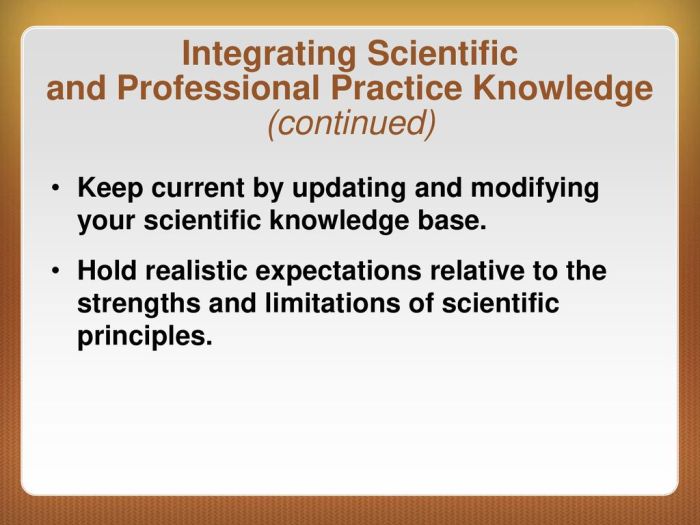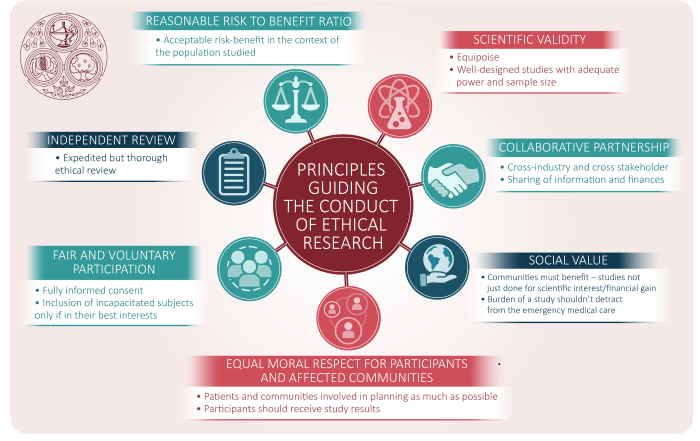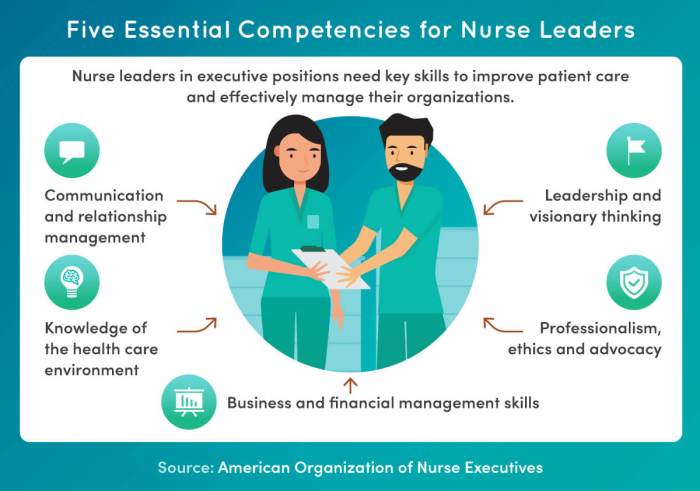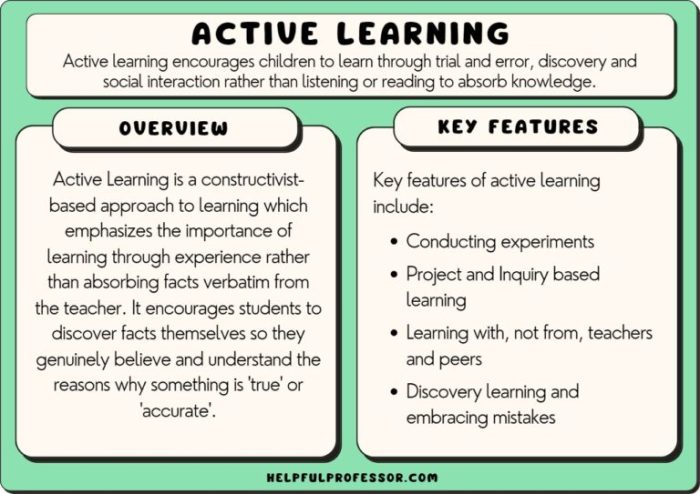The limitations of professional practice knowledge include its inherent biases, narrow scope, and evolving nature. These limitations can impact decision-making and outcomes, leading to challenges in various real-world scenarios. This article examines these limitations and explores strategies for mitigating their effects, ensuring sound judgment and ethical practice.
Professional Practice Knowledge Limitations

Professional practice knowledge is indispensable for professionals in various fields, providing them with the expertise and skills necessary to make informed decisions and deliver effective services. However, this knowledge is not without its limitations, which can impact decision-making and outcomes.
Inherent limitations of professional practice knowledge include its:
- Incomplete and evolving nature:Knowledge is constantly evolving as new research and insights emerge, making it difficult for professionals to stay fully up-to-date.
- Context-specific applicability:Knowledge may be applicable to certain contexts but not others, requiring professionals to exercise judgment in applying it to different situations.
- Subjectivity and biases:Professional practice knowledge is often influenced by individual experiences and biases, which can lead to inconsistencies in decision-making.
These limitations can have significant implications for decision-making and outcomes. For example, relying solely on past experiences can lead to biased or outdated decisions that do not account for changing circumstances.
FAQs: The Limitations Of Professional Practice Knowledge Include Its
What are the primary limitations of professional practice knowledge?
Inherent biases, narrow scope of expertise, and the rapidly evolving nature of practice.
How can overreliance on experience impact decision-making?
It can lead to bias, lack of adaptability, and missed opportunities for innovation.
Why is interdisciplinary collaboration important in addressing the limitations of narrow expertise?
It broadens perspectives, reduces biases, and ensures a more comprehensive understanding of complex issues.
How can professionals mitigate the risks associated with knowledge limitations?
By embracing continuous learning, seeking interdisciplinary perspectives, and practicing reflective decision-making.
What are the ethical implications of the limitations of professional practice knowledge?
They emphasize the importance of transparency, accountability, and patient/client safety in decision-making.


